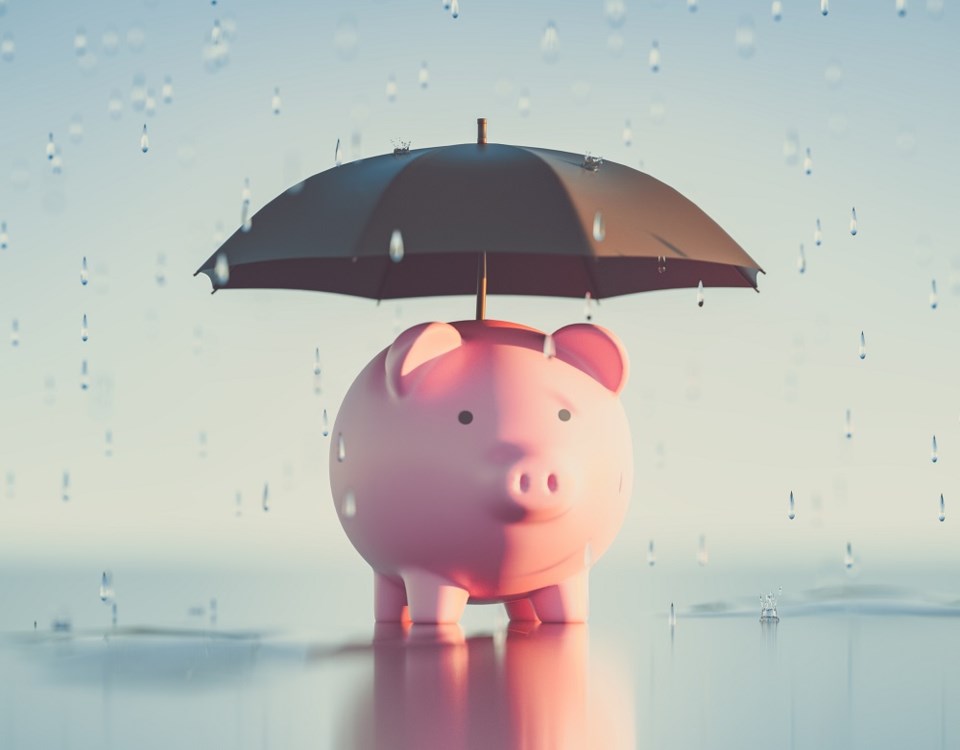As the Bank of Canada raises their interest rate for the sixth time this year, the Better Business Bureau (BBB) is helping consumers buckle down and weather out the current inflation storm with five helpful tips. "With the latest Bank of Canada interest hike to 3.75 per cent, residents across Metro Vancouver and the rest of the province will see an even bigger pinch to their wallets, if they haven’t already," explains Simone Lis, BBB president and CEO. "Inflation is part of a healthy economy, however over the past year we’ve seen it rise dramatically. As the Bank of Canada tries to slow down inflation with interest rate hikes, the toughest part will be riding out the ripple effects over the next several months. We're all in the same storm, but in different boats. It may get worse before it gets better." According to Statistics Canada, the rate of consumer inflation reached a new high of 8.1 per cent in June, the largest yearly change since January 1983.
On average, prices rose faster than hourly wages, which only increased 5.2 per cent between June 2021 and June 2022, based on data from the Labour Force Survey.
To combat this, the Bank of Canada's interest rate has risen steadily since March of this year from 0.25 to 3.75 per cent in October.
Prior to this, it had been holding at 0.25 per cent for the previous two years, since March 2020. Although it seems increasing interest rates have helped lower Canada’s overall inflation rate to 6.9 per cent as of September, British Columbians have yet to begin recovering after the summer spikes in gas, groceries, and housing costs, compared to the same time last year.
Tips to navigate inflation
- Negotiate your interest rate with your bank
- Not many people ask their financial institutions to lower their rate or review fees; it's a discussion few consumers have, but may be a worthwhile one. Make sure your account is in good standing and be ready to say how many years you've been a good customer, what accounts you have at the institution and what charges you pay. Ask for something specific. Explain that you want a specific fee waived and why. You may be able to get the institution to reduce some or all of your banking fees if you take out a line of credit or mortgage at the institution.
- Stick with your current vehicle
- Both new and used cars are expensive and in limited supply right now. Keeping your current ride is likely more economical if you don’t necessarily need a new car right now. If you are leasing a car, consider buying it. This is recommended because the car’s price was set at the start of your lease – before the high inflation began.
- Get smarter with your grocery shopping
- Meat and fish have seen some of the highest price increases across the country. Eating vegetarian a few nights a week may help reduce food costs. Also, getting serious about meal prep, shopping your pantry, and reducing food waste will help lower grocery bills.
- Cancel subscriptions that you aren’t using
- It’s easy to lose track of what subscription services you are paying for. Review your subscriptions to ensure you’re still using them. If you are signed up for multiple subscriptions, a subscription management app can help you keep track of and manage them.
- Set up a budget
- Once you have an idea of where you are spending money, you can establish a realistic budget. Many experts recommend following the 50/30/20 rule. Allow 50 per cent of your income for your needs, 30 per cent for wants, and use 20 per cent to pay down debt or save.
- Check out this online budget planner from the Financial Consumer Agency of Canada.



